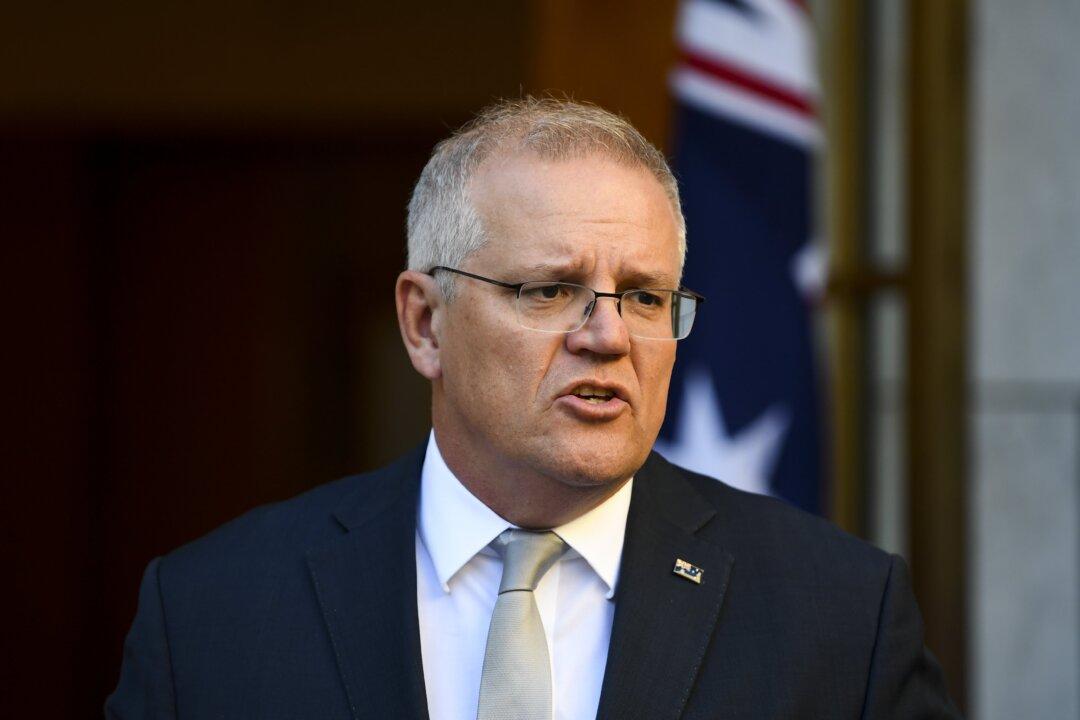Prime Minister Scott Morrison has appealed for Australians to embrace values such as individual responsibility, agency, and community to safeguard against the harmful spread of identity politics and cancel culture in Western society.
The prime minister made the comments during a speech to a United Israel function in Sydney on Thursday night, saying “human dignity” was at the heart of Australia’s Judeo-Christian heritage.





